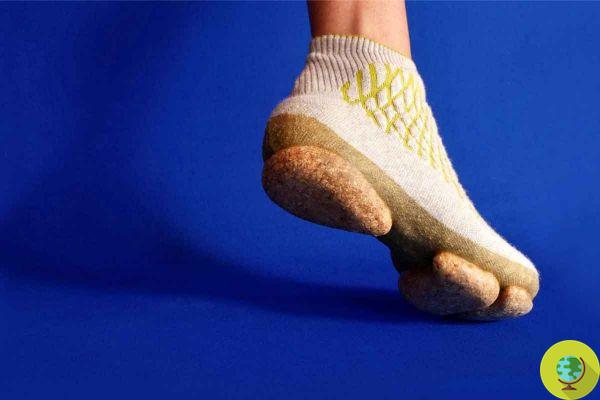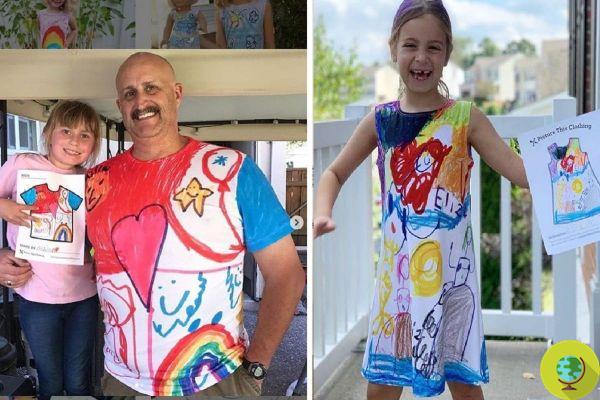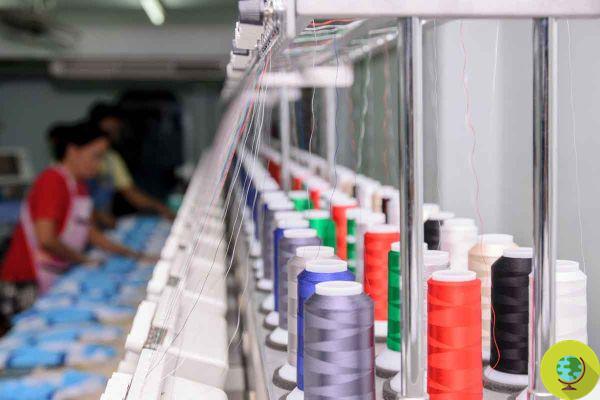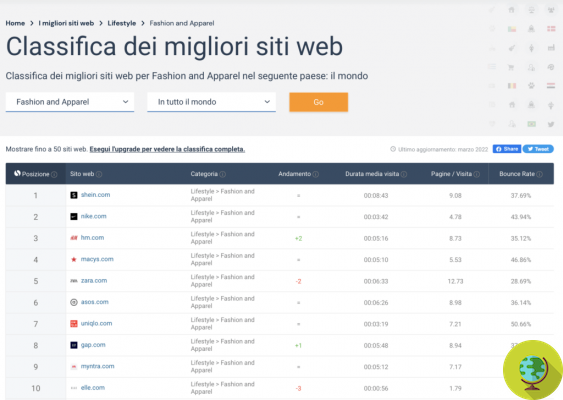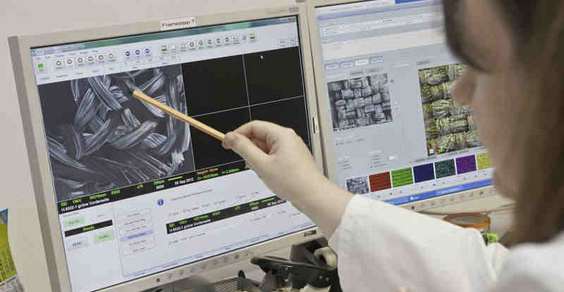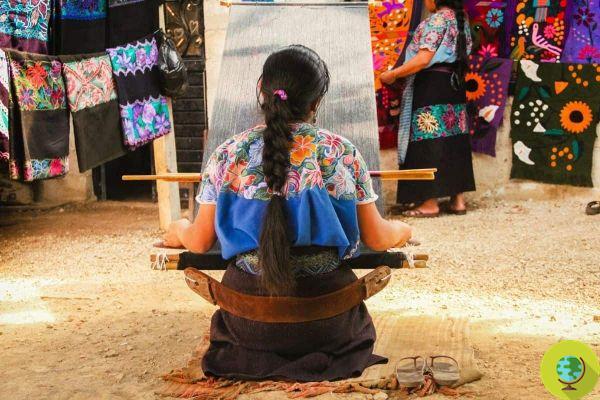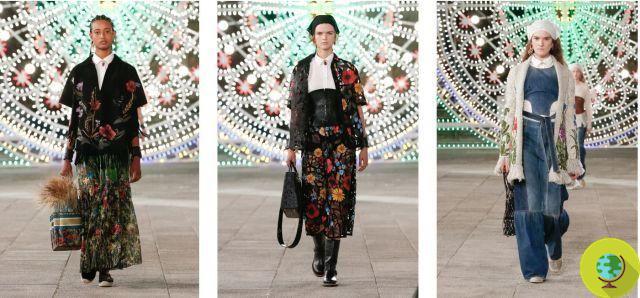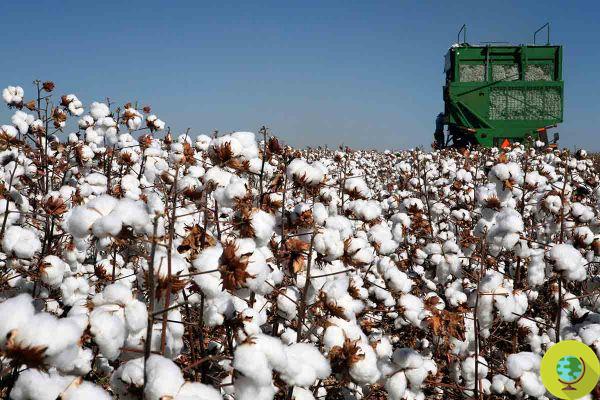
Don't store avocado like this: it's dangerous
Egyptian cotton is considered the most prestigious and quality in the world but, even in the case of this product, we can find ourselves facing a problem of counterfeiting, as is the case with food. Controlling the entire supply chain is often complicated but some big brands are relying on a company capable of carrying out extensive surveys on raw materials.
An in-depth study on The Guardian takes stock of the situation on a subject that is rarely talked about: the possible presence on the market of counterfeit Egyptian cotton and more generally the falsification of products and strategies to stem this problem.
Egyptian cotton is considered the best in the world due to its long, silky fibers capable of being spun into soft, luxurious fabrics. Five years ago, the textile giant Welspun he found himself mired in a scandal that revolved around his prestigious Egyptian cotton.
At the time, the company was producing more than 45 million meters of sheets a year which boasted the label "100% Egyptian cotton".
Index
The fake Egyptian cotton scandal
Surveys have found that even when it comes to cotton, the label cannot always be trusted. In 2016, Target (a US retail chain) conducted an internal investigation that led to a shocking discovery: some 750.000 Welspun "Egyptian cotton" sheets and pillowcases were actually made from a type of cotton. lower quality and that it was not from Egypt at all.
On that occasion, the customers were reimbursed and relations with Welspun, considered no longer reliable, were immediately closed. Other retailers, checking the linen they were selling, also found sheets of the same brand falsely labeled "Egyptian cotton".
Welspun for his part struggled to try to understand what had happened. The supply chain of the products, which go from the farm of origin of the cotton to the shelf of the store, are in fact very complex and not very transparent.
The Guardian gives a very clear example of how nebulous the origin of cotton can be as well as the rest of the supply chain that leads to the sale of a t-shirt:
A T-shirt sold in New Delhi could be made of cotton grown in India, blended with other cotton from Australia, spun in Vietnam, woven into cloth in Turkey, seeded and cut in Portugal, bought from a Norwegian company and shipped back to India - and this is a relatively simple supply chain.
The cotton supply chain is complex but there are those who point to the analysis of fabrics
For years Welspun had been buying raw cotton, yarns and whole fabrics, all declared of Egyptian origin, from dozens of vendors. What could have gone wrong then? Perhaps a mislabeled shipment as well as deliberate fraud by some supplier. The problem is that, given the complexity of tracing all the passages, the basic doubts remained.
In the complex web of international trade, proving the authenticity of a product can be almost impossible but there is a company that is trying, focusing on tissue analysis. It is about Oritain, founded in 2008 in New Zealand, a sort of forensic investigation agency that controls the supply chain. Welspun turned to this company to better understand how it was possible to sell Egyptian cotton that was not Egyptian.
As The Guardian explains:
His work, which takes us to the heart of modern commerce, hinges on a fundamental truth about our planet. The Earth is so geologically diverse that, in the soil or water of a place, precise concentrations of elements often turn out to be unique to that region. That unique mix of elements also makes its way into the region's crops, so that cotton grown in the southern United States has a different combination of elements than Egyptian cotton - each distinct combination, like a signature.
Professor Russell Frew, the geochemist who co-founded Oritain, is convinced that this kind of research could immediately disclose any commercial fraud, and not only related to cotton but also, for example, with meat labeled in a certain way and actually mixed with other types, with sugar syrup instead of honey, with extra virgin olive oil cut with poorer oil and much more. As for cotton, for example, you can tell if it comes from Xinjiang, in China, where factories are suspected of using forced labor.
Oritain promises to determine with 95% accuracy whether a coffee bean or cut of meat really comes from the source listed on the label.
As we said, companies do not always voluntarily falsify their products (indeed fortunately these cases are the minority), more commonly the raw materials are accidentally mixed in some passage of the supply chains. However, it can also happen that third parties sell low-quality goods as high-quality products.
But back to fake Egyptian cotton, when Welspun turned to Oritain following the scandal, it was already too late to find out precisely where the mistakes had been made. The shoddy cotton had passed through the Welspun factories, had been made into sheets, sold, and the buyers had already slept in it. But the company wanted at least to reassure its dealers that such a serious event would never happen again.
Oritain therefore took care of carrying out regular checks on the company's supply chain and also went directly to Egypt, Australia and the other countries from which the cotton came, to collect samples from the various suppliers.
In this way, the supply chain was much more reliable and therefore, from May 2021, Target agreed to start selling Welspun products again.
Not all companies carry out detailed checks on the supply chains
The problem is that not all companies carry out extensive checks of this type and, although Ortain has important customers (such as Primark or entities in the sector such as Cotton USA), most companies do not know in detail the supply chains of their own. products, made up of many companies, traders, aggregators, agents and intermediaries. The big brands, in fact, only know one or two levels, the closest to them.
Cotton more than other materials has this problem as the origin can be very different, as well as the type of processing which is a complex activity and requires many different steps in different places. The origin of cotton can therefore be easily obscured and the risks that this can generate are essentially two:
- struggling with lower quality cotton to the one advertised, as happened in Welspun
- discover that behind cotton there are inhumane working conditions that infringe the rights of those who cultivate or work this material.
We recently told you about the scandal that involved some well-known brands (including H&M and Nike), accused of buying cotton from Xinjiang, China, where forced labor is used. Read also: Who are the Uighurs, the Muslim ethnic minority that is now at the center of China's decision to boycott H&M and Nike
Despite the efforts of the Oritain operators (which are already a good start to clarify), this work is certainly not enough considering that, once the problems in the supply chain have been identified, it would also be necessary to solve them promptly and this can only be done by companies. themselves and governments.
Follow us on Telegram | Instagram | Facebook | TikTok | Youtube
Source: The Guardian
Read also:
- Fast fashion: so Shein made false statements about the working conditions of his factories
- Worldwide, fast fashion does not pay factory workers (and makes them pay for the Covid-19 crisis)
- From Armani to Benetton: all the European fashion giants who exploit workers in Romania
- The scandal of Syrian children exploited in clothing factories: the companies involved
- Ethiopia: the working hands of HM, Guess and Calvin Klein earn just $ 26 a month





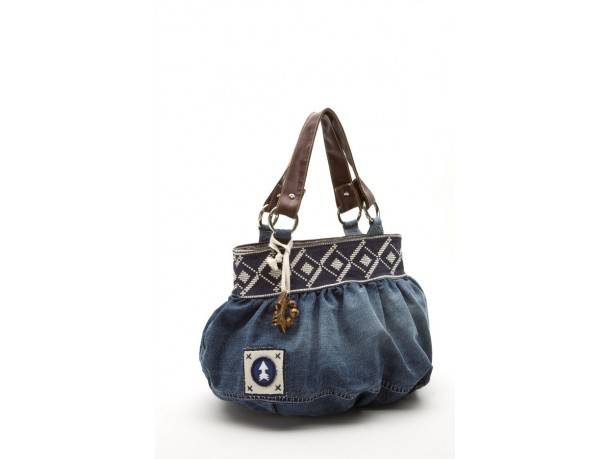

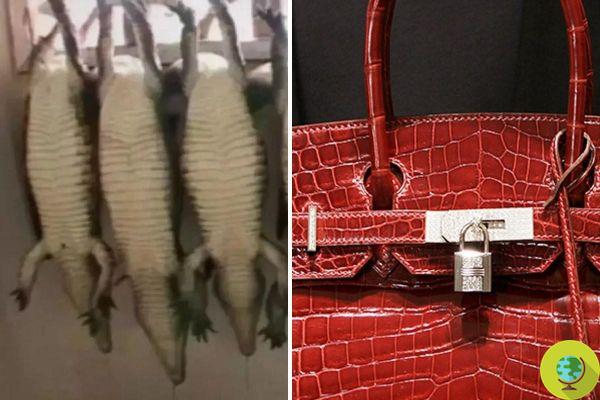
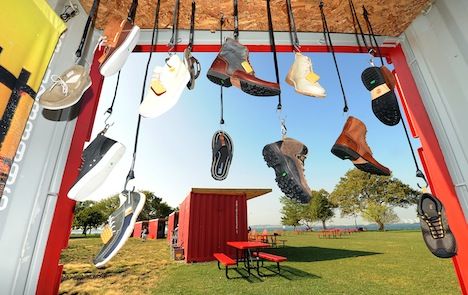

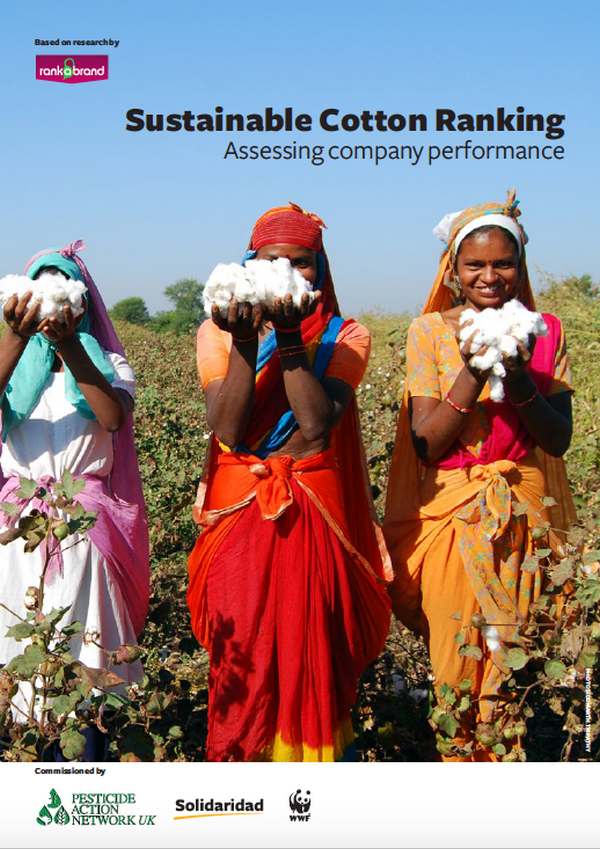

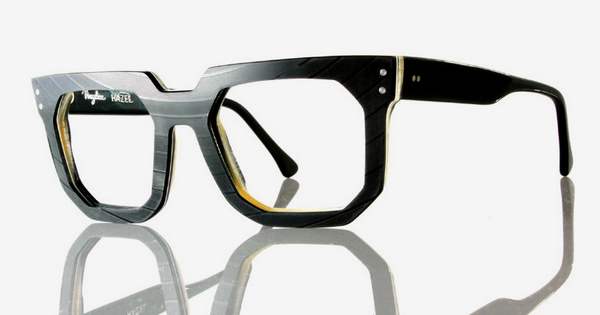
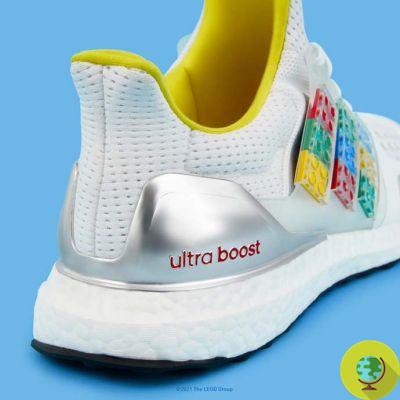
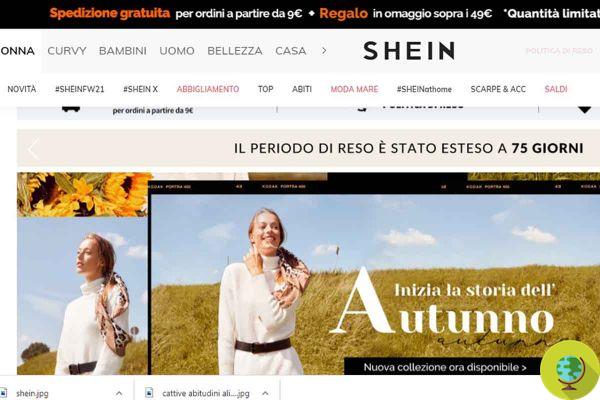
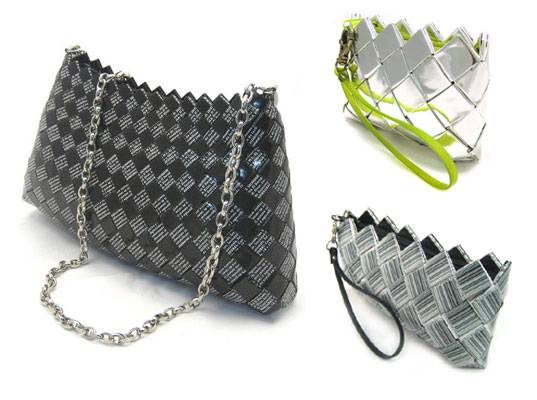
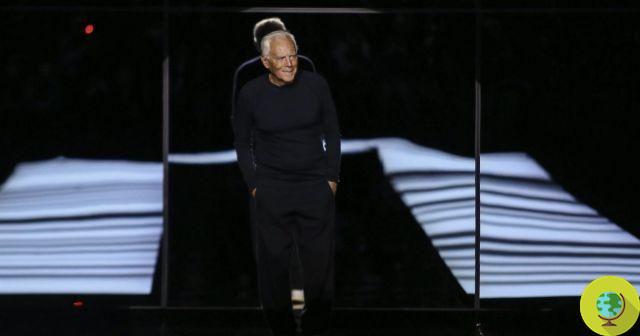
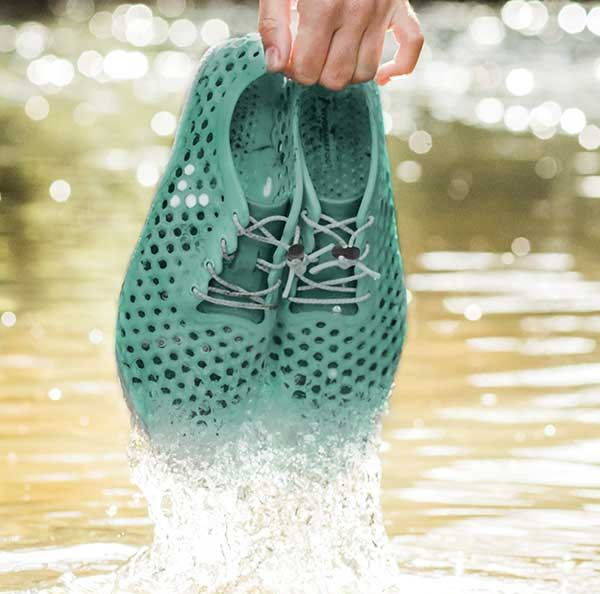
![Vivienne Westwood has a message for all the powerful ahead of COP26 [VIDEO]](/images/posts/221fa8f5dd2d21a4210e6b9071546b56-0.jpg)
